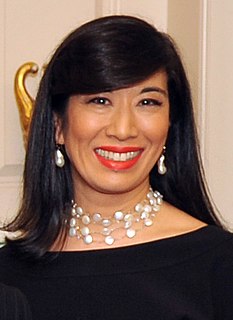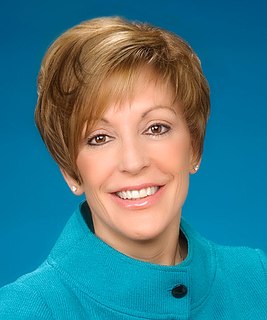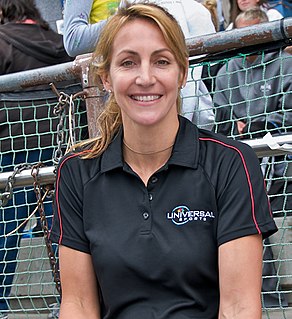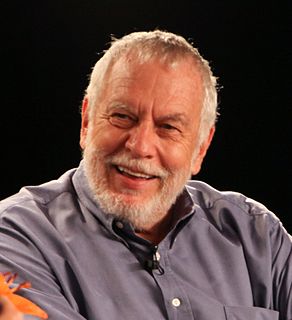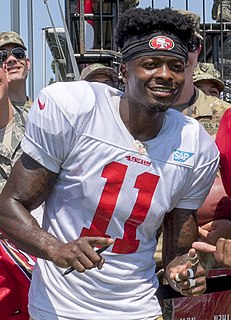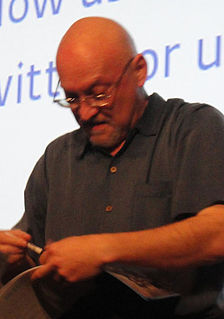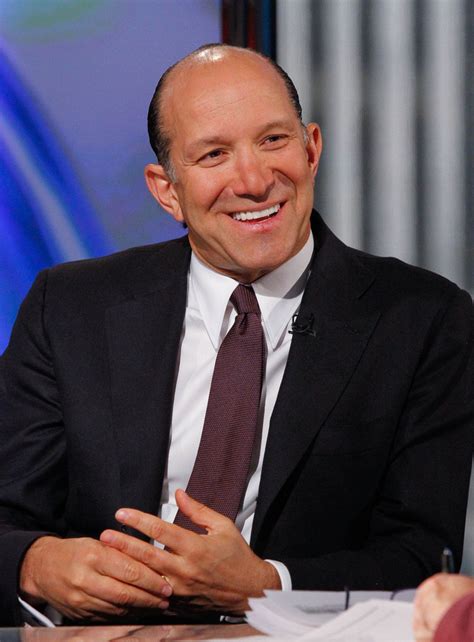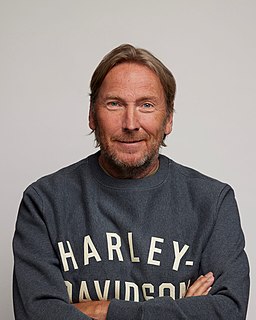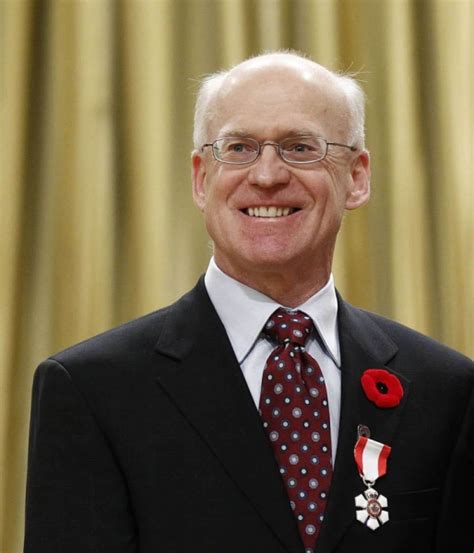A Quote by Andrea Jung
I became CEO at the beginning of the hit on old economy stocks. When something like that occurs in your first six months as a CEO of a more traditional branded firm, it makes for a fast learning curve.
Related Quotes
The first lesson my kids got about the ocean was to respect it. You can never turn your back on the ocean when you're dealing with tides and currents - factors beyond your control. You have to be the CEO of your family on the water. CEO stands for 'constant eyes on,' and it's something I never forget.
The CEO announces that the purpose of the firm is to improve the lives of the customers and the lives of the firm's stakeholders and the quality of the planet. The company will give fair compensation to all the stakeholders and the CEO will not earn more than 20 times the median income of his employees. He will want his employees to rate him, just as he also has to rate them.
Today, if the CEO thinks it's a good idea, it's done everywhere; if the CEO thinks it's a bad idea, it's done nowhere. We ought to be more agnostic and open to learning things that we didn't expect - and the only way to do that is to try things and be open-minded about how well they are working. And third, evidence-based management involves reading and learning - just like doctors do - and to do so not just in school but afterward, as well.
You don't think, when you start a company as the founding CEO, that if your venture actually works, you end up with three jobs: founder, CEO, and chair of the board. The first eight years at Bonobos, I have learned a lot about the tension between the first two. It didn't even occur to me that I had the third job until much later.
I'm still learning. It's all a learning curve. Every time you sit down, with any given episode of any given show, it is a learning curve. You're learning something new about how to tell a story. But then, I've felt that way about everything I've ever done - television, features or whatever. Directing or writing, it always feels like the first day of school to me.
Another thing I've observed is how critical the role of the CEO is when a technology truly is disruptive. In looking back on companies that have successfully launched independent disruptive business units, the CEO always had a foot in both camps. Never have they succeeded when they spin something off in order to get it off the CEO's agenda. The CEOs that did this had extraordinary personal self-confidence, and almost always they were the founders of the companies.
